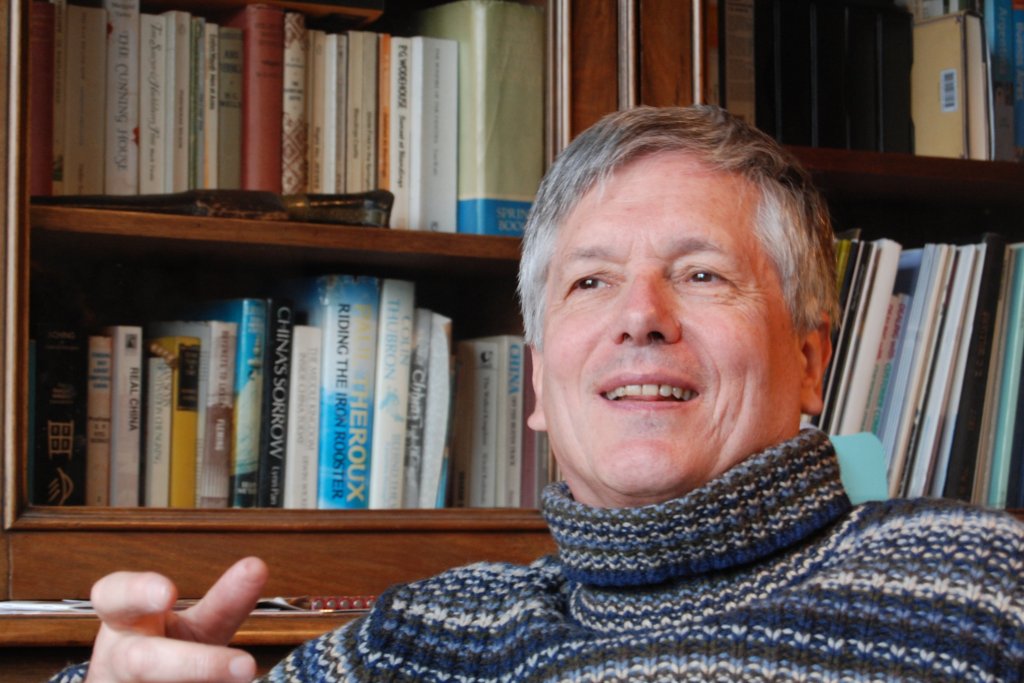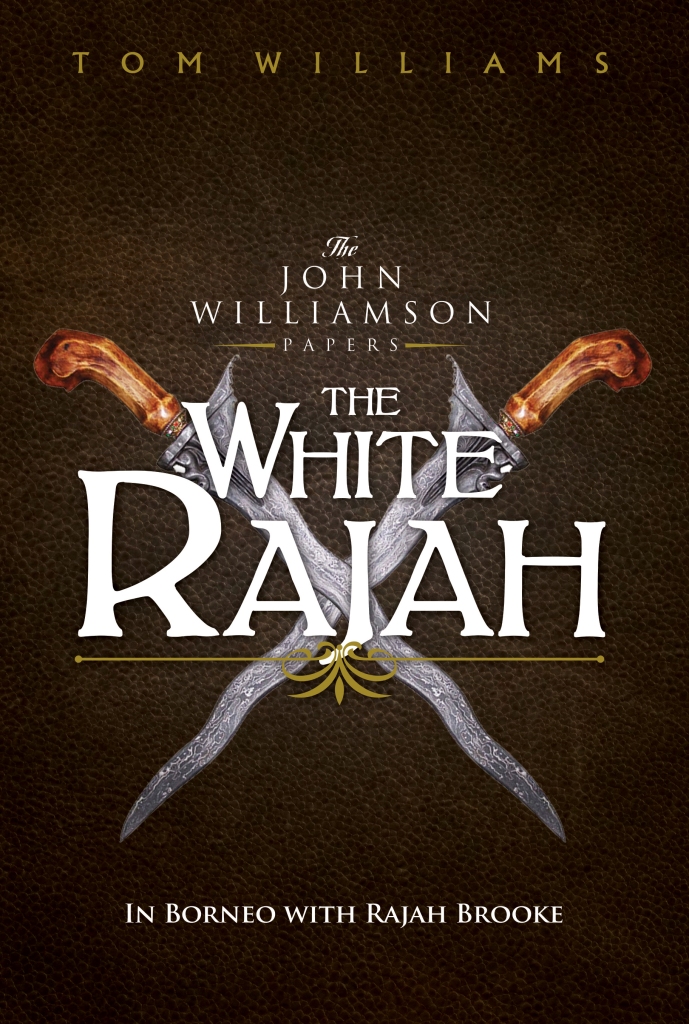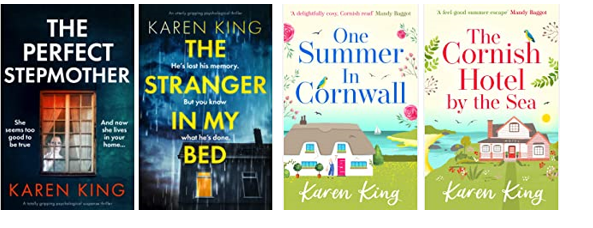Welcome to my new monthly blog where I feature an Indie Author. To kick of the blog is historical fiction author, Tom Williams. Welcome Tom. 

Have you ever been traditionally published? If so, can you explain to us the main difference to you as an author, between the two?
I’ve never published with one of the big mainstream publishers like Penguin. But I was published by a couple of smaller publishers. It was certainly easier. There were people who arranged for covers, an editor edited it and then, when I was happy with it, somebody sent it all off to Amazon. If there was any advertising support that was done for me too. All I had to do was write.
Can you tell us the pros and cons of self-publishing as opposed to traditional publishing?
The cons are fairly obvious: all this stuff that was done for you becomes stuff you have to do for yourself. And pay for.
The pros are that you can do things so much better. Many authors of historical fiction (including authors published by major publishers) complain that their cover pictures have historical errors. As readers usually blame writers for their covers, this seriously damages the credibility of historical writers. I commission my own covers and my designer and I go to a lot of trouble to get them right. I think it helps sell the books but, even if it didn’t, I’d see having covers I’m proud of as a big plus. (Note that I have had very good experiences with traditional publishers as well, but I do prefer my new covers.)
The covers are just part of your marketing effort, though an important part. Having control of your marketing is really important. The reality of publishing nowadays is that publishers have to deploy their limited marketing resources on a few books that they think are going to sell – and the odds are those won’t be yours. I don’t blame them. They have hundreds of books to sell. They obviously won’t put the effort into all of them that you will put into your own babies. Because I have republished some existing books and published some new ones, I can say that my sales results show that I sell more books by being self-published.
There are other benefits of doing your own marketing. I can get paperback copies of my own books at a substantial discount that means that if I talk about them at a book fair, for example (and yes, it has happened), I can sell my books at a profit – something that not all publishers will facilitate. I also get details of sales as often as I want them – no more waiting until the end of the quarter (or even six months) to see if a book is selling – and to get paid.
‘Take back control’ is a phrase with divisive connotations these days, but taking back control of my books is the best thing about self-publishing – and I’ve heard the same thing from other people who have decided to put out their own books.
Can you talk us briefly through the processes of publishing your book?
I write my books in Word. When I’m happy, I have lovely people who beta read for me and family (my wife writes as well) who will proof-read. That saves a lot of money, but you do need honest outside eyes on your book before you can publish it.
I discuss the cover with my cover designer and we get that set up.
I format my Word document for Kindle. It’s fiddly, but not difficult. Always proof the Kindle copy, which you can do online.
I write the blurb, which takes about ten times as long per word as did writing the actual book.
I send off the Kindle text and then reformat for paperback. Then I send that off.
After that it’s writing to promote my book on my blog and on others, like Karen’s. I should really do that much earlier in the process, but I can’t really get my head around it. I don’t think I’m that good at promotion – but, as I said before, the results suggest I’m better than my traditional publishers.
How difficult do you find it to market your book? What social media platforms do you prefer?
It’s easily the hardest bit of the whole thing.
I used to hate Twitter, but I’ve come to really enjoy it and I recommend it – but it’s important to tweet about lots of things other than your books. It does take a lot of time. I’m @TomCW99
I have a Facebook author page, but I’m really not sure it does much. I don’t spend a lot of time on it these days. It’s at https://www.facebook.com/AuthorTomWilliams.
Have you ever been to any of the countries featured in your books?
My books are set all over the world (19th century soldier and adventurers really got about). I’ve visited most of the countries featured, though sometimes not until after the book was written.
Burke in the Land of Silver is set mainly in Argentina and I wrote it because I love the country so much.
Burke and the Bedouin is set in Egypt. I didn’t visit Egypt until after the book was written, but I had spent time in the Middle East, which did help in getting a feel for the desert.
Burke at Waterloo is set in Paris, Brussels and Waterloo. Although my wife’s family live in Brussels and I’ve often visited, I only went to the Waterloo battlefield after I wrote the book. The latest edition does have a couple of minor changes as a result!
Burke in the Peninsula is set in Spain and I did visit to check I’d got the details right before it was published.
Burke in Ireland is in Dublin. I did spend a weekend in Dublin years ago, but the only thing I really remember was how much it rained!
The White Rajah is set in Borneo and was written directly as a result of a visit there and a night spent in a longhouse in the jungle.
What are your hobbies when not writing?
I dance an awful lot of tango. That’s why there is so much tango in my contemporary fantasy, Something Wicked. What do you mean, you didn’t know vampires dance tango?
Wow! Vampires dancing tango! So, you’re obviously not just a historical fiction author, Tom!
THE WHITE RAJAH

The White Rajah has pirates and battles and daring escapes through the jungle, but it also has a serious side. It’s the first of three books that explore the way that British power came to dominate the world in the mid-19th century. This one is based closely on the life of James Brooke and the way that he took and held power in Borneo. The second in the trilogy, Cawnpore, looks at British rule in India and the Indian rising that we know as the Indian Mutiny. The final book, Back Home looks at how these power imbalances were reflected in British society. (It even has Karl Marx in it.) Cawnpore and Back Home will be republished this summer.
Buy it on Amazon in paperback or Kindle: mybook.to/WhiteRajah
About Tom
Tom Williams has written five books about his Napoleonic-era spy, James Burke, and is working on a sixth. When not writing historical fiction he dances tango and fantasises about vampires who dance it too (in his modern fantasy Something Wicked).
Tom blogs regularly on his website, https://tomwilliamsauthor.co.uk where you can also find details of all his books. You can follow him on Twitter as @TomCW99 or Facebook (https://www.facebook.com/AuthorTomWilliams).
Some of Tom’s Books
Something Wicked: mybook.to/Something_Wicked
Burke in Ireland: mybook.to/Ireland
Burke in the Land of Silver: mybook.to/LandofSilver
Thanks so much for dropping by and giving such a fascinating interview. Tom. Wishing you lots of success with your books.
Karen King – Writing about the light and dark of relationships.
Amazon Author Page: https://tinyurl.com/y2q5audb
Website: http://www.karenking.net/



